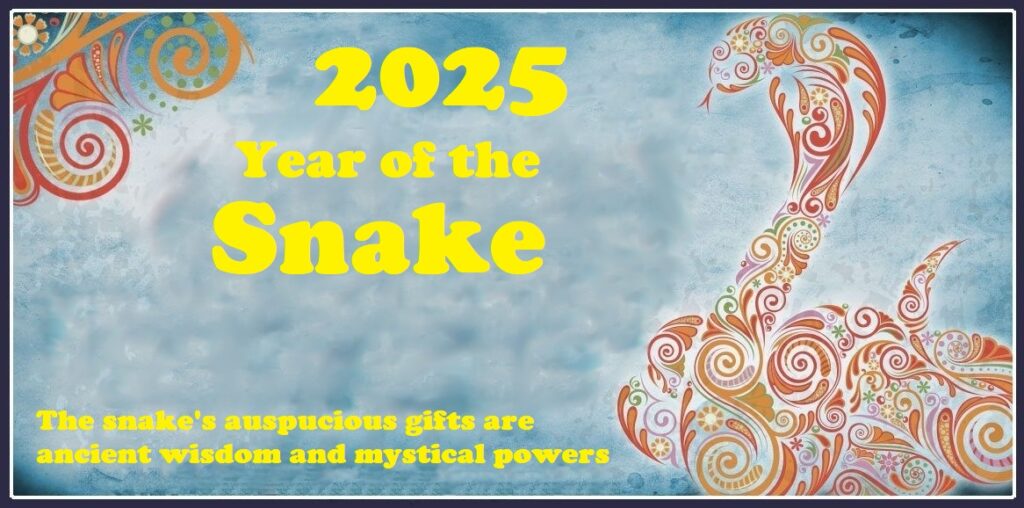Views: 135
Big changes ahead for 2025
Frans Vandenbosch 方腾波 22.12.2024

On this drizzly winter evening
On this drizzly winter evening right after the winter solstice and just before Christmas, I present you with a short essay on the end of 2024 and a look ahead to next year.
2024: The turning tides of global power
The year 2024 witnessed significant geopolitical shifts that reshaped global alliances and power dynamics. The intensification of the rivalry between the United States and China dominated headlines, with the US keeping up the appearance of technological advantage and forcing its influence over key global markets.
Europe faced renewed challenges to its unity, with economic pressures and political fragmentation testing the resilience of the European Union. The US proxy war in Ukraine persisted as a flashpoint, complicating the EU’s relations with Russia. The US has gradually and shamelessly forced Europe to cut partnerships with Russia, China and other countries.
West Asia (the Middle East) saw an explosive escalation of conflicts. Fragile peace accords patiently negotiated through China are under threat from the escalating conflict in the region.
In Africa, emerging economies grappled with the pressures of Western powers amid huge foreign investments, particularly from China, sparking debates in the American-dominated media
The resurgence of the Global South as a political bloc brought new voices to the forefront of international discourse, challenging the hegemony of traditional American powerhouses. Technological warfare, including cyber-attacks, tariffs and propaganda campaigns became a critical tool in modern conflicts, further blurring the lines between state and non-state actors. Overall, 2024 underscored the precarious balance of power in a world increasingly defined by competition, collaboration, and the urgent need for sustainable solutions.
Peace, please
The US hegemony clearly is a hindrance to true global peace. The persistence of US hegemony in global affairs continues to stifle the development of a truly multipolar world. While often cloaked in the rhetoric of democracy and freedom, US foreign policy frequently prioritises economic and strategic dominance over genuine efforts to foster lasting peace. Its military interventions, tariffs and sanctions often exacerbate conflicts, destabilising regions under the guise of promoting “democracy”. The selective approach to human rights undermines its credibility. Genuine peace requires collaborative international dialogue, yet the US remains reluctant to relinquish its unilateral grip on global power structures.
Europe in Crisis: struggling economies and growing tensions
Europe has endured significant hardships in the past year, with all EU countries grappling with economic difficulties. The continent’s GDP stagnated at 0%, reflecting the struggles faced by numerous sectors. The German car industry, once the backbone of the EU economy, has been severely affected, causing ripple effects across Europe.
The ongoing war in Ukraine has further exacerbated the crisis, distancing Russia, once seen as a natural partner, and disrupting vital trade links. The EU Commission’s expanding influence has raised concerns, with many citizens feeling the grip of undemocratic decision-making. High taxes have burdened businesses and families alike, adding to the economic strain. Uncontrolled, illegal immigration has also contributed to the instability, placing additional pressure on already overextended systems. In these trying times, Europe’s unity and resilience are being tested like never before.
The Year of the Snake: a reflection on personality and global significance
On Wednesday, 29 January 2025, China and many other countries will celebrate the Spring Festival, marking the Chinese New Year in the Year of the Snake. This is a time of family gatherings, celebrations, and cultural traditions, with holidays extending from 28 January to 4 February.
People born in the Year of the Snake are often associated with traits such as sensitivity, adaptability, and effectiveness. These qualities, combined with a sharp intellect, form a personality that is both intriguing and balanced. Snakes are generally amiable and composed, maintaining a calm and collected exterior that occasionally gives way to bursts of energy and passion at just the right moment.
Notable individuals born in the Year of the Snake, such as Chinese Foreign Minister Wáng Yì (王毅), born in 1953, and President Xi Jinping (习近平), also born in 1953, embody these traits. Wáng has consistently demonstrated a diplomatic approach marked by calmness, sharp analysis, and adaptability in navigating complex international relations. His ability to remain composed under pressure and offer thoughtful solutions has earned him recognition on the world stage. Similarly, Xi Jinping, as China’s leader, has exhibited the same cool-headedness and strategic insight, steering China through both domestic challenges and global diplomatic arenas. His leadership has been characterised by a blend of pragmatism and vision, qualities that have garnered international respect.
In social settings, Snakes navigate relationships with elegance, drawing on a diverse range of interests and hobbies that enhance their mystique and appeal. Their artistic sensibility often positions them as tastemakers, guiding others with their discerning judgement.
In times of crisis, those born in the Year of the Snake display their true strength. Their ability to stay calm and analytical under pressure allows them to find optimal solutions, becoming a steady and reliable presence in the face of uncertainty.
As the world celebrates this cultural milestone, it’s a reminder of the values of composure, intelligence, and adaptability—qualities that resonate not only within Chinese culture but also have broader implications for leadership and diplomacy in the global arena.
What to expect in 2025
In 2025, societal inequalities and contradictions in the West are expected to widen significantly. The middle class, until recently the driving force of the Western economy, is for a big part hanging in the ropes. An increasing portion of the western population will be pushed to the margins of society, while the wealth of the top 1% continues to grow, exacerbating the divide between the rich and the rest. This disparity will likely fuel social unrest, but such tensions will be met with state repression and force, as governments work to suppress dissent and maintain control.
The US dollar’s dominance as the global reserve currency will continue to decline, marking a shift in the global financial landscape. This decline will be further compounded by the United States’ increasing inability to compete on the global stage, particularly as China continues to pull ahead in nearly all areas of technological, economic, and scientific development. By the end of 2025, China is set to be the dominant global power, outpacing the US in all these key fields.
Under President Trump, policies such as heightened tariffs and import restrictions will likely result in economic hardship for many Americans, ironically contributing to the broader geopolitical shift that might be viewed as a de facto strengthening of China’s position—reversing his “Make America Great Again” agenda.
China’s long-term vision and diplomatic soft strategy will see significant successes. Through a combination of patient diplomacy, economic initiatives, strategic partnerships, and cultural influence, China’s “soft power” will win over many countries, especially in the Global South, but also in key regions of Western Europe. The European Union will experience growing internal divisions, with some member states distancing themselves from the Brussels’ autocrats and adopting more conciliatory approaches toward Russia and China.
The West is not the World
These days, here in Western Europe, in conversations with family, neighbours, friends and service club members, I hear a lot of complaining. Today, many people are dissatisfied and frustrated about dozens of things over which they have no control, things that are forced upon them by government authorities.
“The world is going in the wrong direction” I often hear people lament.
They have no idea. Their world view is too narrow. They don’t realize that “The West” is only 8% of the global population. They don’t realize that here in Europe we live on a small peninsula at a remote end of the Eurasian continent.
It actually goes very well with the world; it goes more than excellent with the large majority of the global population. Be cheerful, happy and joyful because the world is doing more than well. Next year 2025 will be even better than the last year.
Thank you for reading! We’d love to hear your thoughts—please share your comments below and join the conversation with our community!


